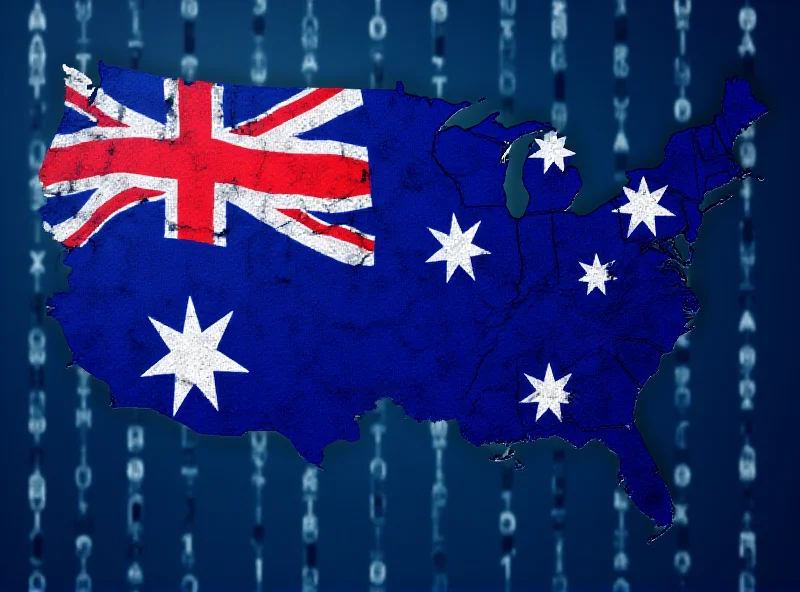Microsoft is making headlines this week for a variety of reasons, ranging from questionable marketing tactics to the sunsetting of a long-standing service and potential tax implications in Australia. Let's dive into the details.
Copilot's Questionable Promotion
Microsoft is once again under the microscope for its aggressive approach to promoting its services. This time, the focus is on Copilot, its AI chatbot assistant. Reports indicate that Microsoft is employing deceptive tactics within the Bing search engine to steer users towards Copilot, even when they're searching for competitors like ChatGPT and Gemini. This follows similar controversies where Bing was disguised as Google.

According to Neowin, searching for "ChatGPT" or "Gemini" on Bing triggers a special box to appear above the organic search results, labeled "Your AI companion" with a prompt to "Message Copilot." This tactic effectively pushes Copilot in front of users actively seeking alternative AI chatbot solutions. One user noted, "It's a bit of a sneaky move, trying to get people to use Copilot when they're clearly looking for something else."
It's worth noting that this tactic may be region-specific, possibly limited to the US, and/or deployed only to a subset of users. If you haven't encountered it, consider yourself fortunate... for now.
Skype's Final Call
In other news, Microsoft is officially retiring Skype on May 5th, signaling the end of an era for the once-dominant communication platform. This move reflects a strategic shift towards Teams, Microsoft's unified communication and collaboration hub. The company aims to consolidate its communication services under the Teams banner, streamlining its portfolio and enhancing collaboration features for its users. Many users have already transitioned to Teams, citing its integration with other Microsoft services and its robust feature set.

"This decision marks the end of an era for Skype,"
This consolidation makes sense, as Microsoft is placing greater emphasis on Teams, signaling a strategic pivot in its efforts to enhance collaboration and communication services. The move underscores the company's commitment to investing in platforms that meet current market demands and evolving user needs.
Tech Giants Face Potential Taxes in Australia
A Parliamentary Budget Office analysis has revealed that the top 16 tech companies are collectively generating a staggering $26.7 billion in revenue annually from Australian users. Among these giants, Google, Microsoft, Meta, and Amazon reported substantial revenues in 2022-23. Google led the pack with $8.7 billion, followed by Amazon with close to $6 billion, Microsoft with $2.9 billion, and Meta with $1.3 billion.

In response to these figures, the Greens are advocating for a 3% tax on revenues exceeding $20 million for companies with global revenues surpassing €750 million. This proposed tax could potentially generate over $11 billion for Australia. The debate surrounding the taxation of multinational tech companies continues to intensify globally, with governments seeking ways to ensure these companies contribute fairly to the economies in which they operate.
New Disaster Recovery Service
Finally, Microsoft has launched Windows 365 Disaster Recovery Plus, which promises faster recovery times, lower data loss risks and preallocated capacity for users.
